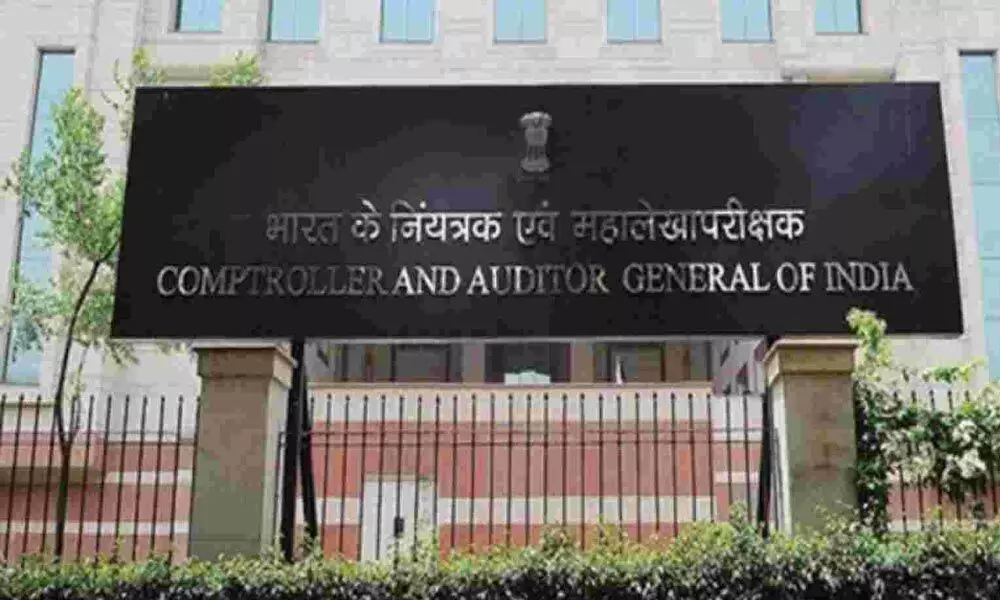CAG flags anomalies in accounts of units under IT, telecom ministries
In its audit report for FY18 & FY19, the CAG has identified anomalies in decision taken by BSNL, C-DoT, the Dept of Posts, ITI Ltd and CDAC that had adverse financial implications
image for illustrative purpose

CAG observations
• NICSI purchased hardware & software worth Rs890 cr in contravention of rules
• Telecommunication Engineering Centre delayed establishment of laboratories
• In case of C-DAC autonomous body disbursed ad-hoc bonus amounting to Rs97.70 lakh
• NeGD's failure to adhere to the govt instructions resulted in avoidable payment of Rs1.21 cr
New Delhi: The Comptroller and Auditor General of India has reported multiple irregularities in the accounts of units under the IT and telecom ministries, including purchases of hardware and software worth Rs 890 crore by NICSI in contravention of rules. In its audit report for financial years 2017-18 and 2018-19, the Comptroller and Auditor General (CAG) has flagged anomalies in the decision taken by state-run telecom firm BSNL, C-DoT, the Department of Posts, ITI Limited and CDAC that had adverse financial implications.
"NICSI procured hardware and software costing Rs 890.34 crore through the 'Strategic Alliance' route in contravention of General Financial Rules, 2005 and departmental instructions and thus failed to ensure transparency and competitiveness in the procurement process," according to the CAG report tabled in Lok Sabha on Monday.
The National Informatics Centre Services Inc (NICSI), which provides IT infrastructure to government departments, prior to September 2015, had been making procurements using SAs (strategic alliances) based on the approval of its board but without obtaining any PACs (Proprietary Article Certificate), it said.
"This was in contravention of Rule 154 of GFR, 2005 and MeitY's subsequent instructions of June 2014," the report added. According to the rules cited by the CAG, procurement from a single source can be resorted in cases where only a particular firm is the manufacturer of the required goods, and/or for standardisation of machinery or spare parts based on advice of a competent technical expert and approval of the competent authority. NICSI had approached the Department of Expenditure (DoE) for inclusion of strategic alliance (SA) as a process of procurement and providing of ICT goods and services (including solutions).
DoE, while not specifically allowing incorporation of SAs in general financial rules (GFR), conveyed to NICSI in August-2015, that they have no objection if it enters into a strategic alliance as per rule, subject to the condition that before placement of each order it should provide PAC. The report said from September 2015 onwards, NICSI has been procuring from a single source. A test check revealed that these were being furnished and used without mentioning clear, specific and cogent reasons as per the format prescribed in GFR, for procurement through a single source. NICSI and the Ministry of Electronics and IT (MeitY) in their reply explained to the CAG their rationale and the chronology for adoption of the SA route.
According to the replies, NICSI has been making such procurements on the basis of PACs and after receiving the advice of DoE. CAG said though NICSI has claimed that it was subsequently procuring goods and services from a single source only after obtaining PAC, a test check of PACs showed that due diligence was desired both while furnishing and accepting PACs. "Further, MeitY has itself admitted (September 2019) that common items worth Rs 133.55 crore were procured under Strategic Alliance though these could have been procured through rate contracts or open bids," the report said.

